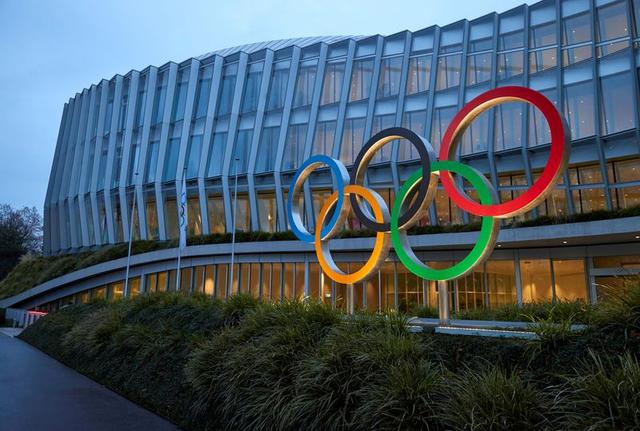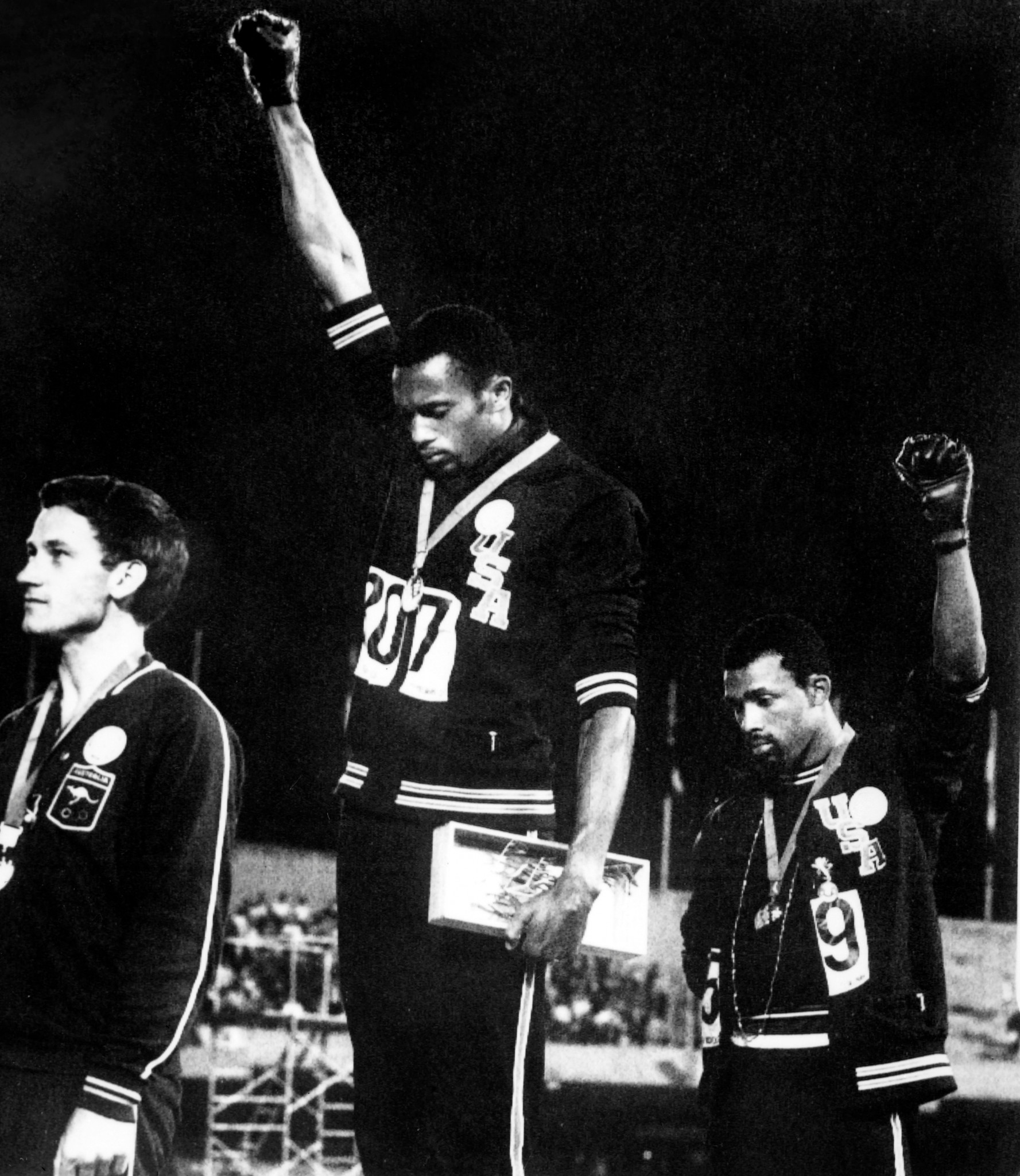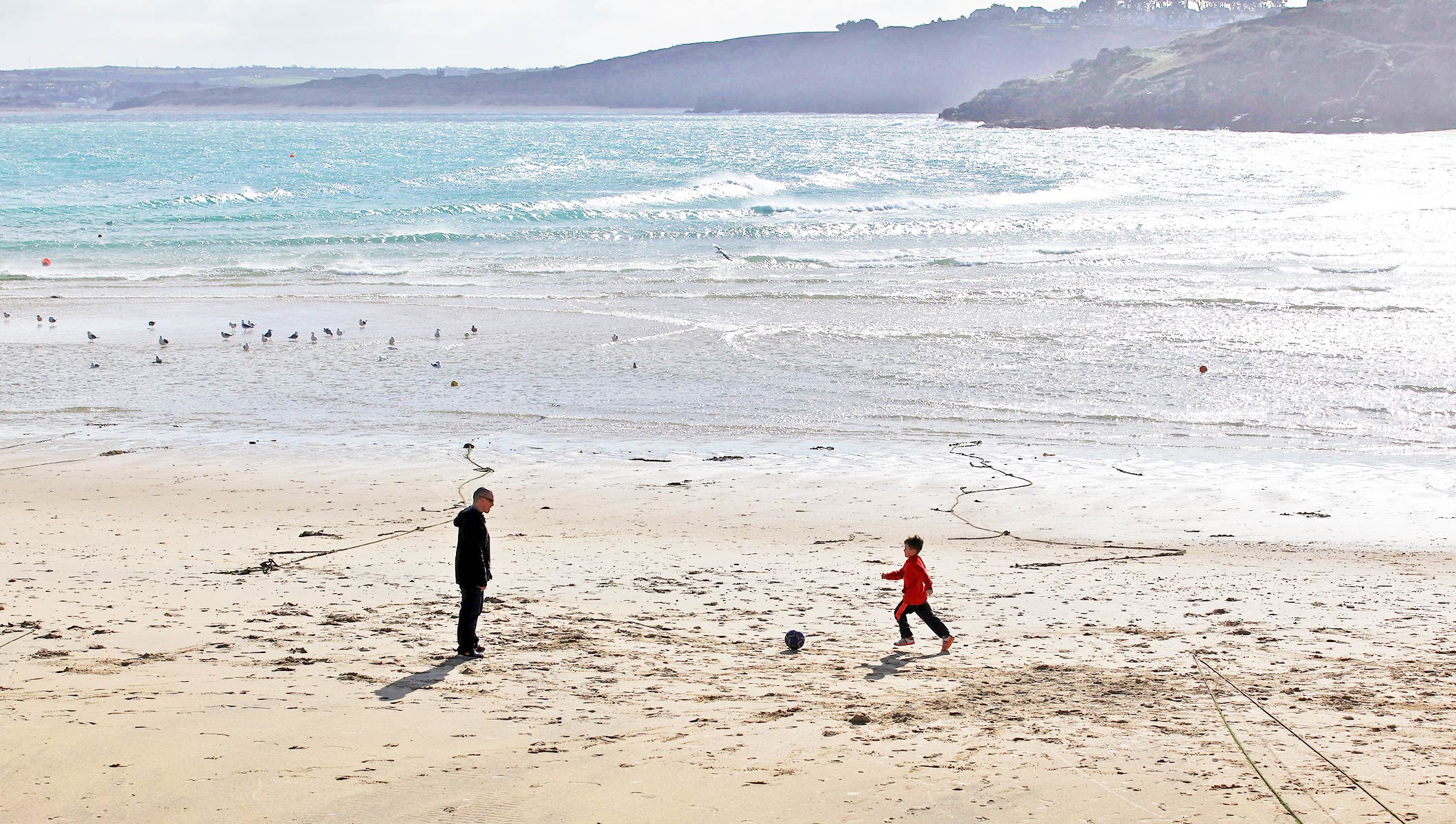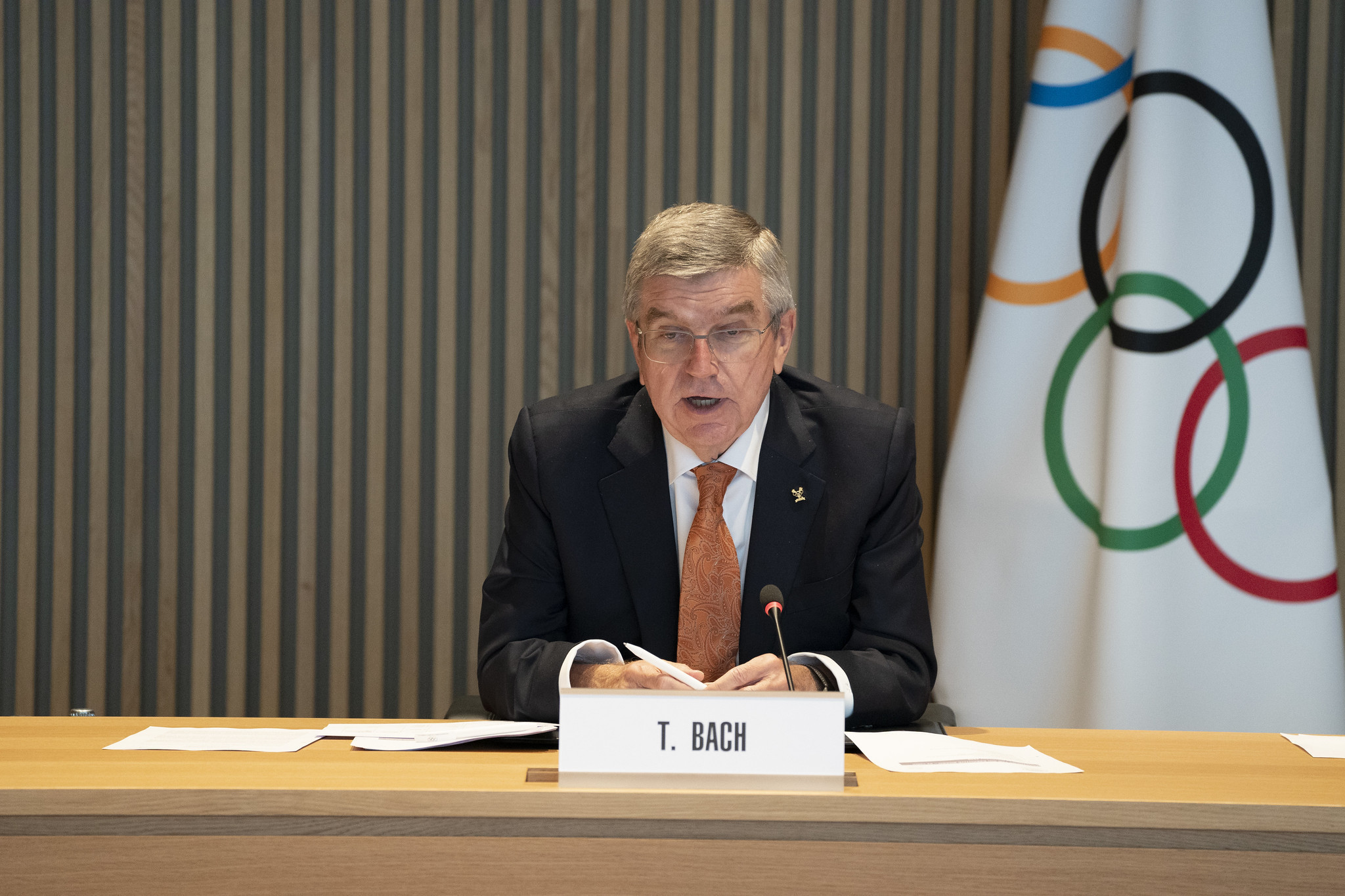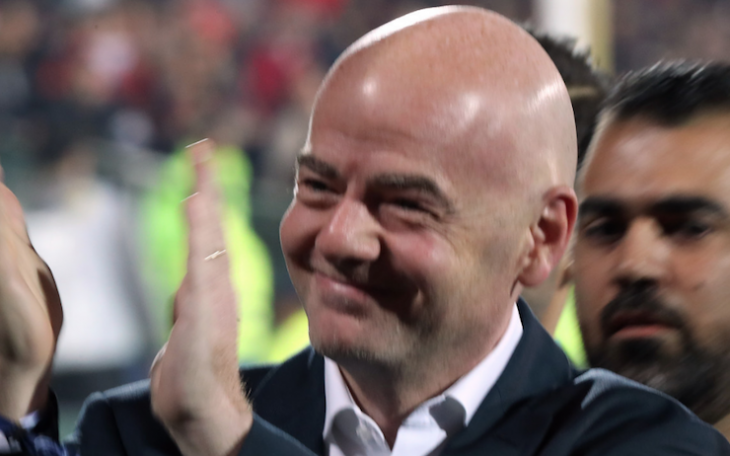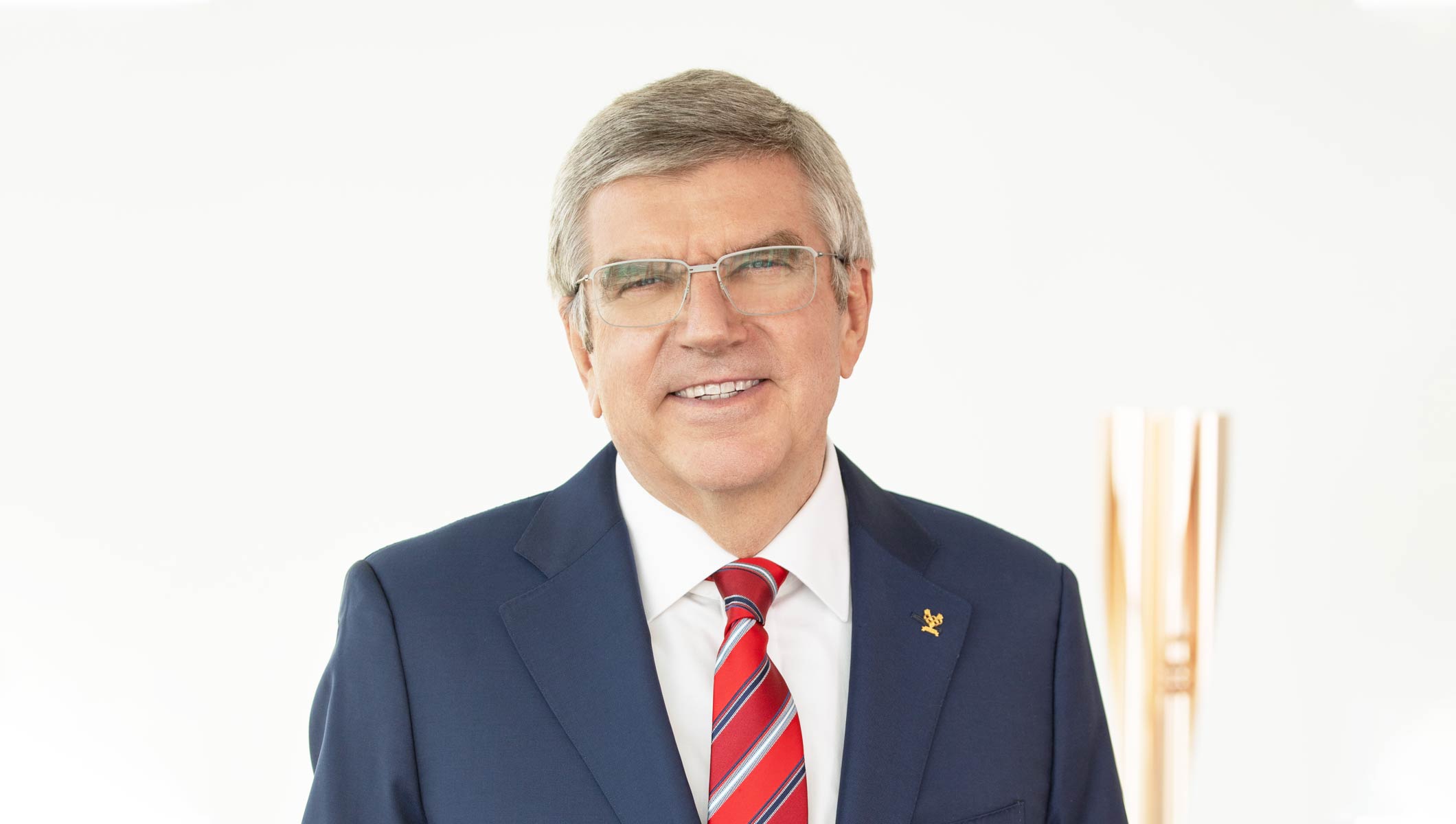(Reuters) - The United States Olympic and Paralympic Committee (USOPC) said on Thursday it will not sanction athletes for peacefully and respectfully demonstrating in support of racial and social justice at the Olympic and Paralympic Games.
The USOPC's decision came in response to recommendations from an athlete-led council seeking change to Rule 50 of the Olympic Charter which prohibits any kind of demonstration or political, religious or racial propaganda.
"The USOPC values the voices of Team USA athletes and believes that their right to advocate for racial and social justice, and be a positive force for change, absolutely aligns with the fundamental values of equality that define Team USA and the Olympic and Paralympic movements," USOPC chief executive Sarah Hirshland said in a statement.
The Team USA Council on Racial and Social Justice said hate speech, racist propaganda and discriminatory remarks aimed at eliminating the rights and dignity of historically marginalised populations do not meet the requirements for ethical speech.
It also called on the International Olympic Committee (IOC) and International Paralympic Committee (IPC) to recognise that protests focused on human rights and social justice initiatives do not qualify as "divisive disruptions" of the Games and should not be met with the same consequences as hate speech.
"The silencing of athletes during the Games is in stark contrast to the importance of recognizing participants in the Games as humans first and athletes second," the council said in its statement.
"Prohibiting athletes to freely express their views during the Games, particularly those from historically underrepresented and minoritized groups, contributes to the dehumanization of athletes that is at odds with key Olympic and Paralympic values."
The postponed Tokyo Olympics are now due to be held from July 23-Aug. 8 next year, while the next Winter Games are scheduled to be hosted in Beijing in 2022.
The 44-member Team USA Council on Racial and Social Justice, is comprised of 23 Team USA athletes, five Team USA alumni, five national governing body members, five USOPC liaisons, and six external members.
Among those on the council is former sprinter John Carlos, who was kicked off the U.S. team and sent home from the 1968 Mexico City Olympics for a raised-fist protest while on a medal podium amid the civil rights movement in the United States.
The gesture was rebuked as unpatriotic but Carlos and Tommie Smith, who also stood on the podium with a raised fist, have since received the USOPC's highest honor as they were inducted onto the organisation's Hall of Fame last year.
(Reporting by Frank Pingue in Toronto; Editing by Ken Ferris)
Our standards: The Thomson Reuters Trust Principles.

